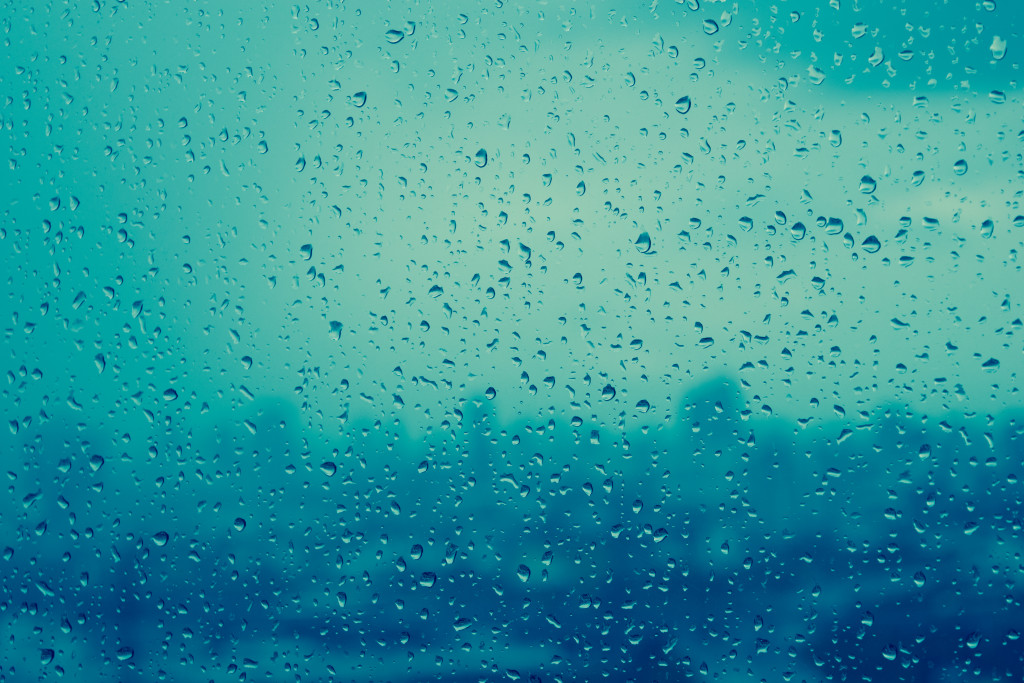- The U.S. experiences an average rainfall of 30-34 inches annually, capable of causing significant property damage.
- Heavy rain can weaken a home’s foundation, cause basement flooding, damage roofs, affect electrical systems, and promote mold growth.
- Prompt measures can prevent or minimize rain damage, including cleaning gutters to prevent overflow and foundation leaks.
- A sump pump installation can help prevent basement flooding, and sealing foundation cracks can avoid water seepage.
- Regular trimming of overhanging branches and securing outdoor objects can prevent storm damage, and regular electrical system checks can avoid rainwater damage.
Heavy rain can cause significant damage to your home, especially if you are unprepared. Heavy rain can wreak havoc on your property, from flooded basements to damaged roofs. As a homeowner, it’s important to understand how heavy rain can damage your home and take necessary precautions to protect it. Here’s what you need to know about rain in the U.S., how it can affect your home, and ways to deal with it.
Average Rainfall in The U.S.
It’s estimated that the average rainfall in the country is around 30 to 34 inches per year, with some areas receiving more than 100 inches annually. While this may not seem like much compared to other countries, such as Bangladesh, which receives over 400 inches of rain each year, it is still enough to cause significant damage to your home if proper measures are not taken.
How Heavy Rain Can Damage Your Home
Heavy rain can cause innumerable problems for your home, some of which may not be immediately visible. Here are some ways that heavy rain can damage your home:
1. Foundation Damage
One of the most common ways heavy rain can damage your home is by weakening its foundation. When the soil around your home becomes oversaturated with water, it can cause the foundation to shift or sink. As a result, your home may develop cracks in the foundation, which can lead to leaks, pests, and other structural issues.

2. Basement Flooding
Another way heavy rain can damage your home is by causing basement flooding. When the water table rises, or your sump pump fails, water can seep into your basement and cause significant damage.
3. Roof Damage
Heavy rain can also cause damage to your roof. When the rainwater pools on your roof, it can put excess weight on it, causing it to sag or even collapse. Furthermore, strong winds accompanying heavy rain can also cause damage to your roof by tearing off shingles or causing debris to fall on it.
4. Electrical Damage
Another way heavy rain can damage your home is by affecting your electrical systems. When the rainwater seeps into electrical outlets and wiring, it can cause electrical shorts and fires. It can also cause damage to appliances and electronics, potentially leading to costly repairs or replacements.
5. Mold Growth
Finally, heavy rain can also cause mold growth in your home. When the rainwater seeps into your home’s walls and floors, it can create a damp environment that promotes mold growth.
How to Deal With Heavy Rain Damage
There are various ways you can protect your home from heavy rain damage. Here are some tips to help you deal with potential damage caused by heavy rain:

1. Keep Gutters Clean
Keeping your gutters clean is one of the easiest ways to prevent foundation and roof damage. Clogged gutters can cause water to overflow, which can accumulate water around your home’s foundation and cause leaks in your roof. Feel free to hire a local gutter and roofing company to do this for you. They have the equipment and expertise to do the job safely and effectively.
2. Install a Sump Pump
Installing a sump pump can help prevent basement flooding by automatically removing excess water from your basement. Make sure to regularly check and maintain your sump pump to ensure it is working correctly.
3. Seal Cracks in Foundation
If you notice any cracks in your home’s foundation, seal them promptly. This will prevent water from seeping into your home during heavy rain.
4. Trim Trees and Secure Outdoor Objects
During heavy rain, strong winds may cause trees or other outdoor objects to fall and damage your home. To prevent this, regularly trim any overhanging branches and secure outdoor objects that could become projectiles in a storm.
5. Check Electrical Systems
Regularly inspect your home’s electrical systems to ensure they are not damaged by rainwater. If you notice any issues, hire a professional electrician to address them immediately.
Heavy rain can cause significant damage to your home if proper precautions are not taken. By understanding the potential risks and taking preventative measures, you can protect your home and minimize the effects of heavy rain. Stay safe and dry!

